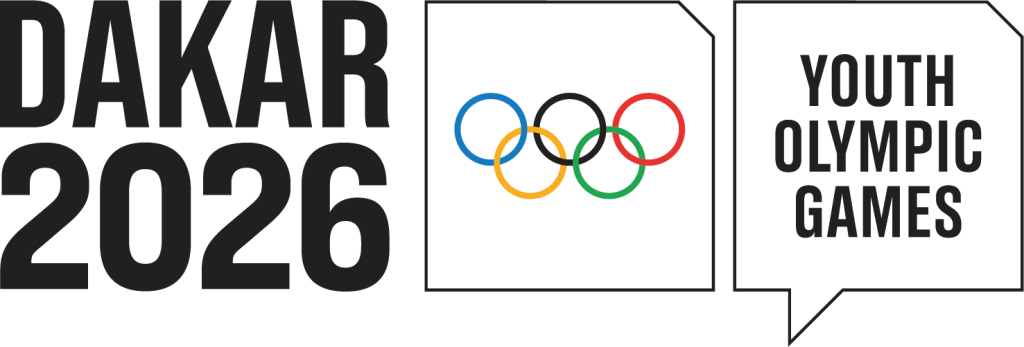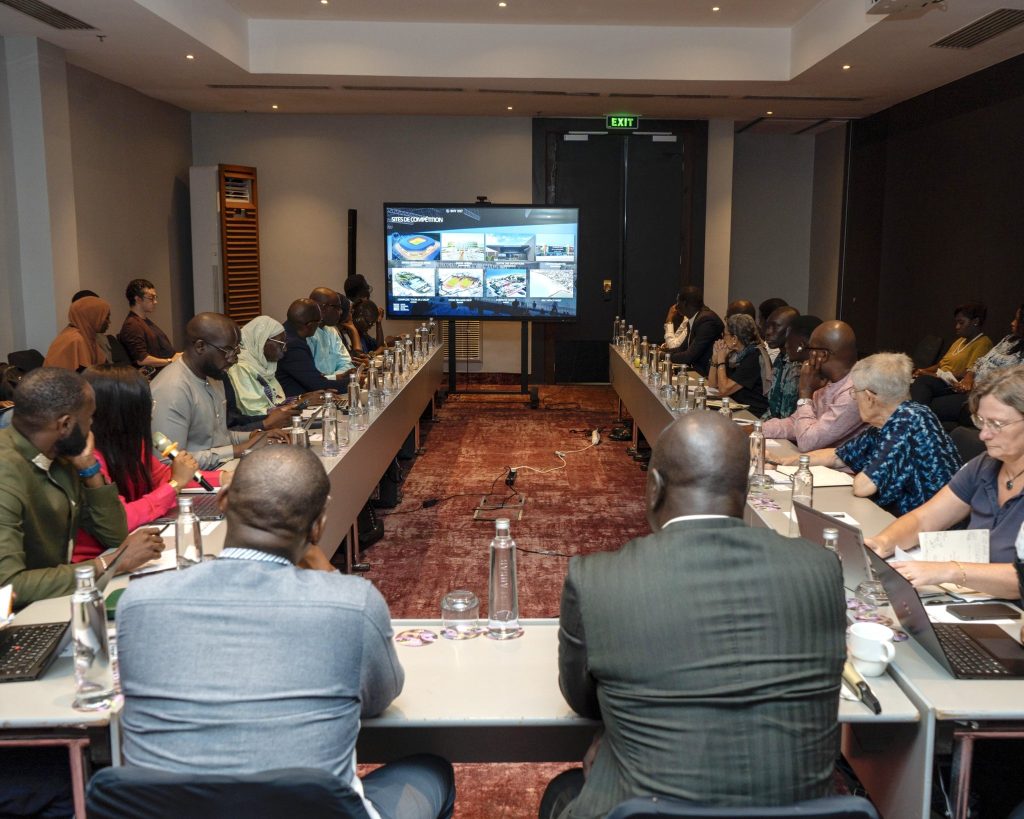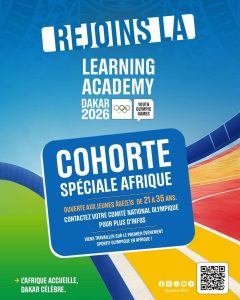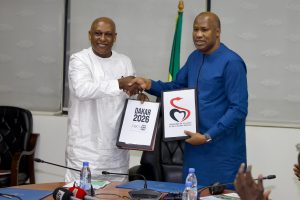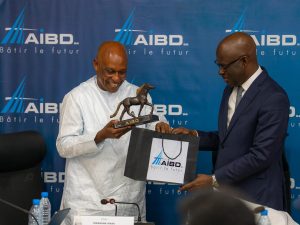The Organizing Committee for the Dakar 2026 Youth Olympic Games (YOGOC) held a workshop in Dakar this Wednesday, July 23, to review its annual activities. The meeting aimed to lay the groundwork for a coalition focused on the Sustainability, Impact, and Legacy (SIL) of the 2026 YOG.
The SIL Coalition is designed to be inclusive and participatory, bringing together civil society, non-governmental organizations, state institutions, the private sector, and technical partners, including the National Agency for Statistics and Demography (ANSD). The main objective of the meeting was to concretely measure the economic, social, and environmental benefits of the Dakar 2026 YOG.
With fewer than 500 days until the Youth Olympic Games (YOG)—a first for Africa—COJOJ gathered its partners around a key challenge: ensuring that the YOG is much more than a sporting event, but a genuine catalyst for development.
« What interests us with this coalition is bringing all stakeholders together around a shared vision to make the Games a platform for lasting social transformation, » said Ibrahima Diagne, President of the coalition.
For YOGOC, the YOG must leave a strong legacy for youth and the surrounding communities. The “Legacy and Sustainability” strategy, developed with the IOC, highlights several priorities: access to sports infrastructure, youth training, social inclusion, and environmental protection.
Thus, instead of new construction, the decision was made to rehabilitate existing infrastructure like the Iba Mar Diop stadium and the Olympic swimming pool (Complexe Tour de l'Œuf). This choice has been praised for its low environmental impact and its potential for use after the Games.
A Catalyst for Employment and Training
Babacar Wade, Deputy General Coordinator of YOGOC, presented the Learning Academy, a program that will train nearly 400 young people to be integrated into the YOG operations, with the ambition of preparing them for other future events. This training program is considered an intangible legacy and is part of YOGOC's dynamic of putting social inclusion at the heart of the organization to make these games a true catalyst for change. « This will create sustainable employment and strengthen local skills, »he emphasized.
The coalition organized four panels during the meeting on the following themes: “Accessibility and Practice of Sport”, “Promotion of the Circular and Endogenous Economy”, “Jobs and Employability”, and “Community Engagement”. These four areas of reflection allowed COJOJ and its partners to develop a common vision for the success of Dakar 2026.

